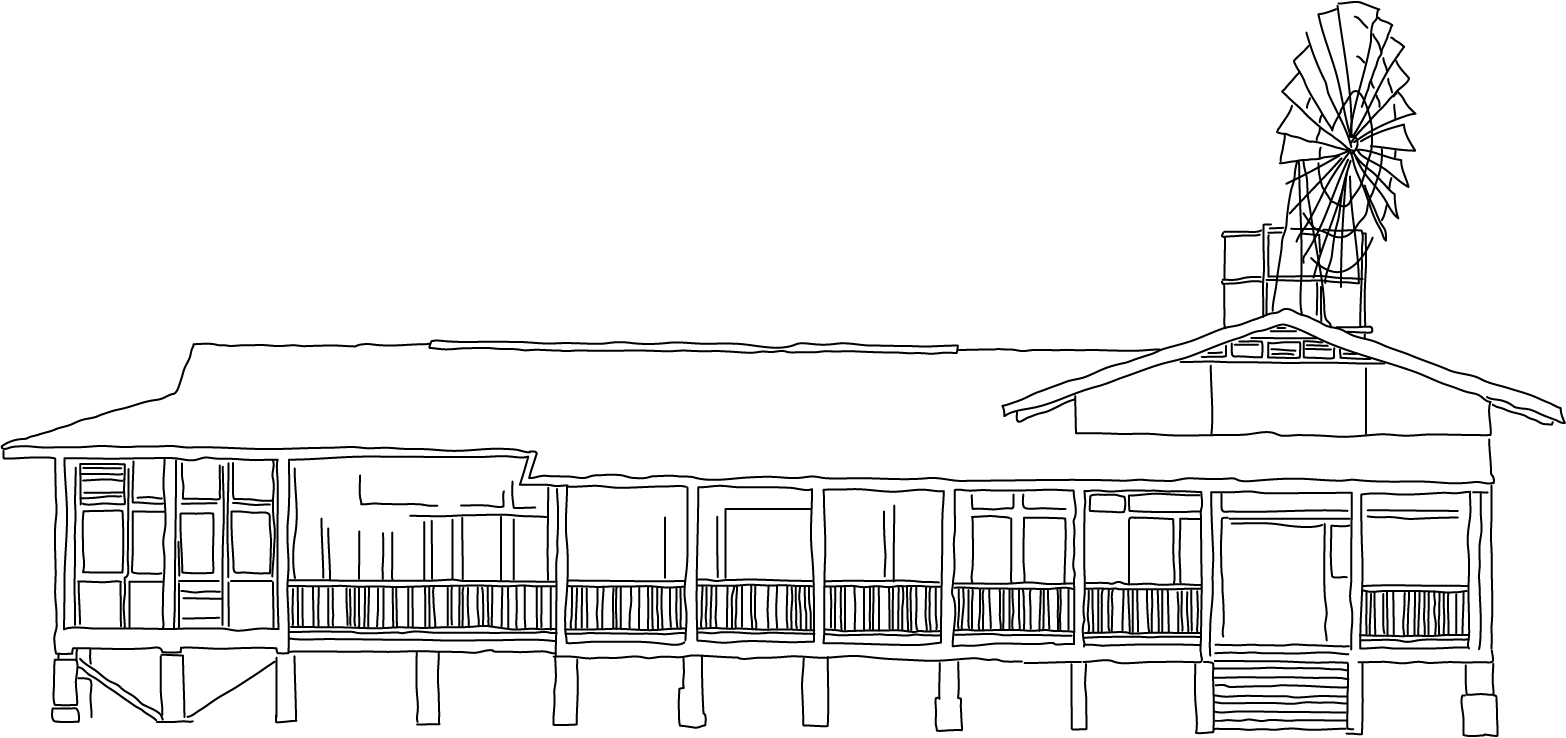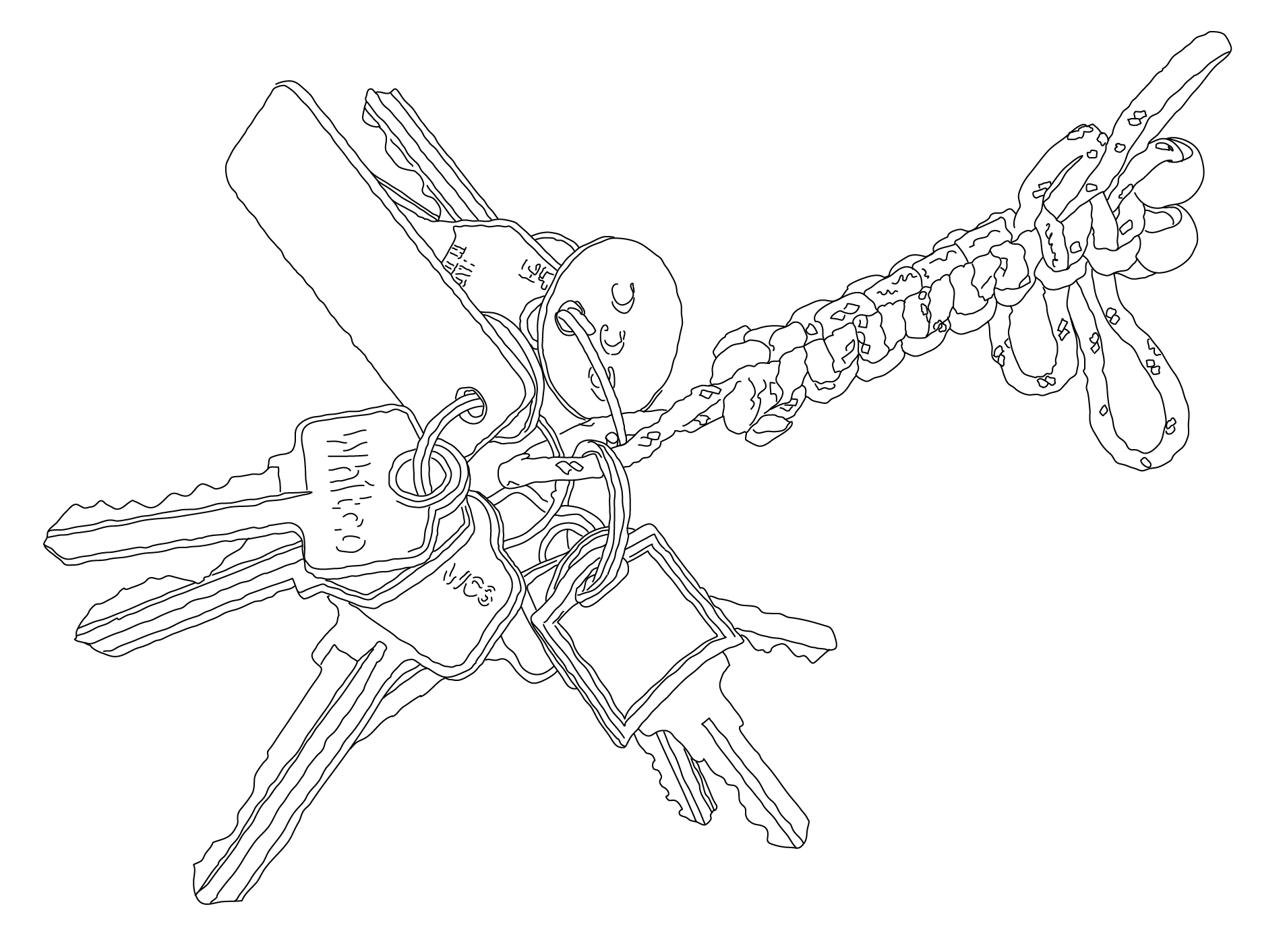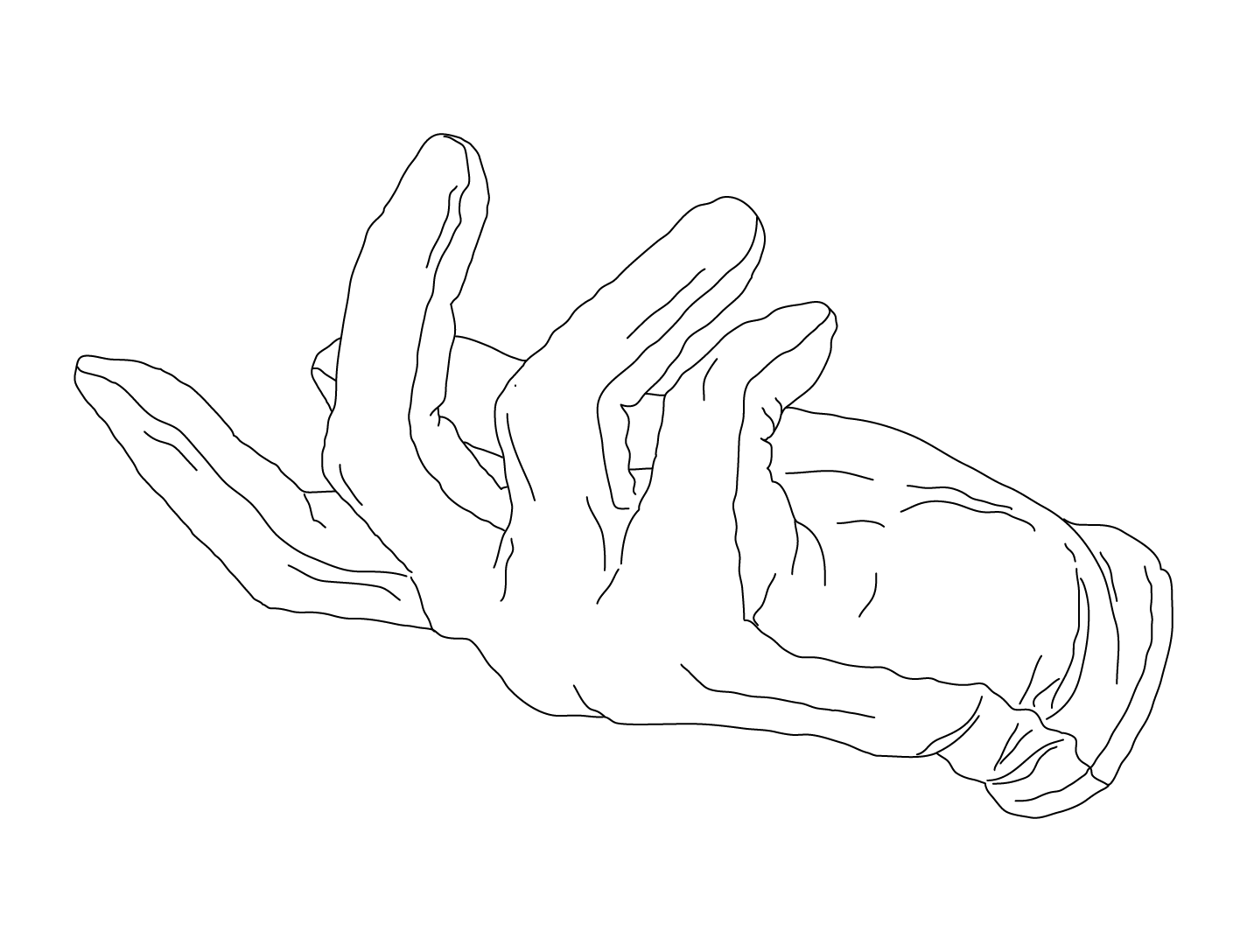Arts Writing Group
The Arts Writing Group was first initiated in 2019 for the 2020 Perth Festival. This collaboration between the Festival and Semaphore aims to think through and experiment with what ‘art writing’ is, and what it might offer art and all its various audiences. Read on for more about the Group and an archive of our work published on Semaphore.
The Arts Writing Group is back in 2021!
This second iteration of the Arts Writing Group includes Amanda Bell, Bec Bowman, Emilia Galatis, Rebecca Persic, Ned Reilly, Bahar Sayed and Andrew Varano.
Working closely with Perth Festival staff, artists, writers and Semaphore editors Kelly Fliedner and Melissa McGrath, the Arts Writing Group will reflect on the role of writing in response to and in conversation with artworks from the Festival. By examining formal structures and modes of writing about art, participants will be supported to produce textual responses to the 2021 Perth Festival program which range in focus and form.
The Arts Writing Group will encompass a series of structured workshops on writing about art during the 2021 Perth Festival. The group will make visits to and participate in events and exhibitions included in the Perth Festival Visual Arts Program, with the view of developing responses to these Festival offerings. Work produced through the Arts Writing Group will be published during and following the festival period via Semaphore.
Read more about the Arts Writing Group on the Perth Festival website.
2020
This first Arts Writing Group included Mayma Awaida, Sam Beard, Paul Boyé, Christina Chau, Kelly Fliedner, Taylor Reudavey, Tony Sarre, Jenny Scott and Gemma Weston.
What is the Art Writing Group?
14 January 2020
Kelly Fliedner
The Art Writing Group was initiated to think through and experiment with what ‘art writing’ is, and what it might offer art and all its various audiences.
From our first meeting and discussion in 2019, it was clear that the Art Writing Group shared a desire to experiment with writing to thoroughly and thoughtfully engage with audiences in new and challenging ways. Art writing can be educational; it informs and articulates; it creates a narrative and is a worthwhile object in its own right; it provokes people to learn and it is often challenging and rewarding. Understanding that often the ‘art world’ can speak in its own language, we’re interested in creating access in intersecting and diverse ways. How do we bring multiple, varied and different perspectives to art and make welcome those not necessarily fluent in that language?
In a simple sense, art writing is writing ‘about' art, it conveys meaning and it involves and invites an audience in/to the world of the artist and the art object. But what else can it do?
What does a writer do if released from the obligation to explain and assess the work of art? What might they do if permitted to respond from poetic, conceptual and imaginative writing positions? How does this work against literary and academic conventions and orthodoxies? How do we engage with art critically and creatively, avoid didacticism, grapple with ideas and uncertainly, and speak through dynamic subjectivities? How can we nurture practices that entwine individual and collective responses? How do we work with each other? How can we create collectives and be in solidarity with others? How can we self-organise and work outside of establishments? How best can we spend our time and energy? How does this space (this space of the Perth Festival, or the Arts Writing Group) mimic or undermine the networks of transaction within the broader context of Boorloo / Perth / Western Australia / Australia? How are we as a group located here? What are our responsibilities to this place and to each other? How can we do this through conversation? How is conversation collectively organised between subjects and across time? How do we commune with each other? How do we make writing for audiences and for each other that resists the fetish to make them new? How do we look at old forms and retrofit them? What is conversation as opposed to discourse, as opposed to speech-acts, as opposed to monologue, as opposed to dialogue, as opposed to narrative, as opposed to poetry?
What then is art writing?
Instead of fixing art to a specific meaning, perhaps art writing can be propositional. Perhaps it can be with, for, of, or from art. We are interested in writing that creates conversation; that engages critically with the world and the spaces, contexts, platforms it inhabits. This is a place for experimentation, a place to practice, be awkward, be humbled. A place to take risks and have fun.
Objectivity & Language:
the power of empathy in audio description

29 February 2020
Mayma Awaida and Tony Sarre
A conversation about audio description and John Prince Siddon‘s exhibition All Mixed Up at Fremantle Arts Centre
Listen (or read the transcript) here...
The ring is an object of ritual
![]()
12 April 2020A response by Paul Boyé to The Long Kiss Goodbye, an exhibition curated by Gemma Weston featuring Sarah Contos, Penny Coss, Iain Dean, Brent Harris, Clare Peake, and Michele Elliot with Tender Funerals at Lawrence Wilson Art Gallery
Read here...
Suburban displacement, suburban estrangement: where are the people?

31 May 2020
Correspondence between Christina Chau and Kelly Fliedner in response to Ian Strange’s Suburban Interventions 2008 – 2020
John Curtin Gallery
Read here...
—
The Arts Writing Group is presented in association with Perth Festival and supported by Visual Arts Program Partner Wesfarmer.

